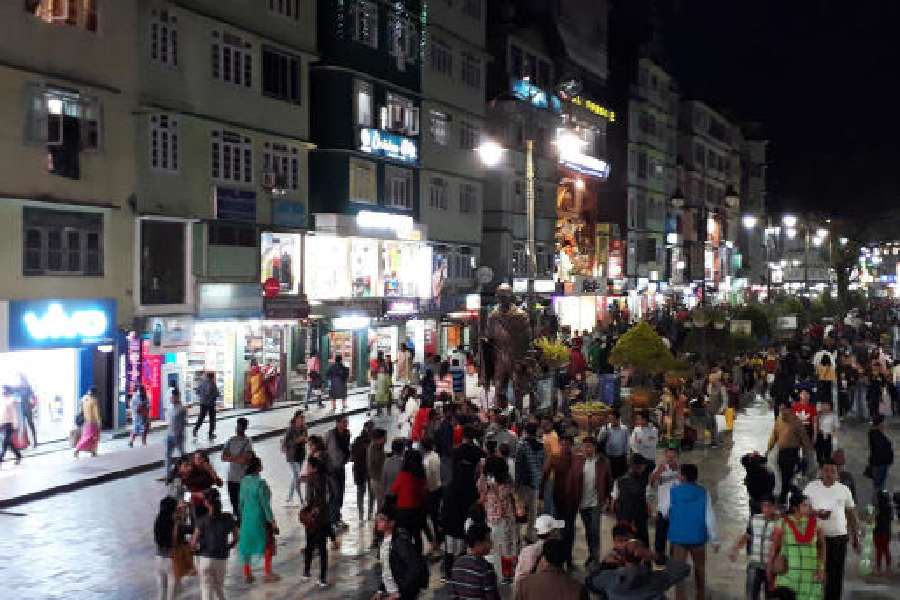The P.S. Tamang (Golay) government of Sikkim issued a circular on Monday, announcing a complete ban on leasing out or putting on rent homestay accommodations.
Over the past few years, like in Bengal, homestay accommodations have mushroomed in all six districts of Sikkim. Thousands of tourists, who visit Sikkim every year, visit homestay facilities to enjoy local cuisine and culture.
A source in the tourism and civil aviation department of the state said as per the clauses of the Sikkim Registration of Homestay Establishment Rules, 2013, the homestay owners are not permitted to lease or rent out their homestay unit to any third party. “The owners are advised to comply with it,” said the source.
The Homestay Association of Sikkim (HAS), an apex body of homestay owners, has been demanding such a ban for some time. In Sikkim, around 1,200 homestay accommodations are registered with the state government.
“Time and again, we have flagged the issue. A homestay is supposed to be run by a local person who is also the owner of the house and not by anybody else. Those who can't run homestays, can lease it out or rent it out, but then, it will no longer be a homestay and should be put in some other segment. It is good the state announced the ban. It will help the homestay segment and the tourism industry,” said Pintso Gyatso, the general secretary of HAS.
Sources said the state provides subsidised loans for homestays. “This is done to encourage local stakeholders of the tourism industry to open such facilities. If those properties are eventually leased out, the purpose of giving the loan is not met,” said a homestay owner who runs his property in western Sikkim.
Guides’ association
Guides in Sikkim's tourism industry have formed the TGAS — the Tourist Guide Association of Sikkim — an apex body of licensed tourist guides registered with the state tourism department.
As of now, there are 319 registered guides in Sikkim, including those trained to take tourists on treks.
On Monday, the TGAS was formed at a meeting in Gangtok where insurance coverage, fitness tests and barracks for guides on trek routes were discussed. The TGAS will work on rules for the guides to work at ease, said a source.










